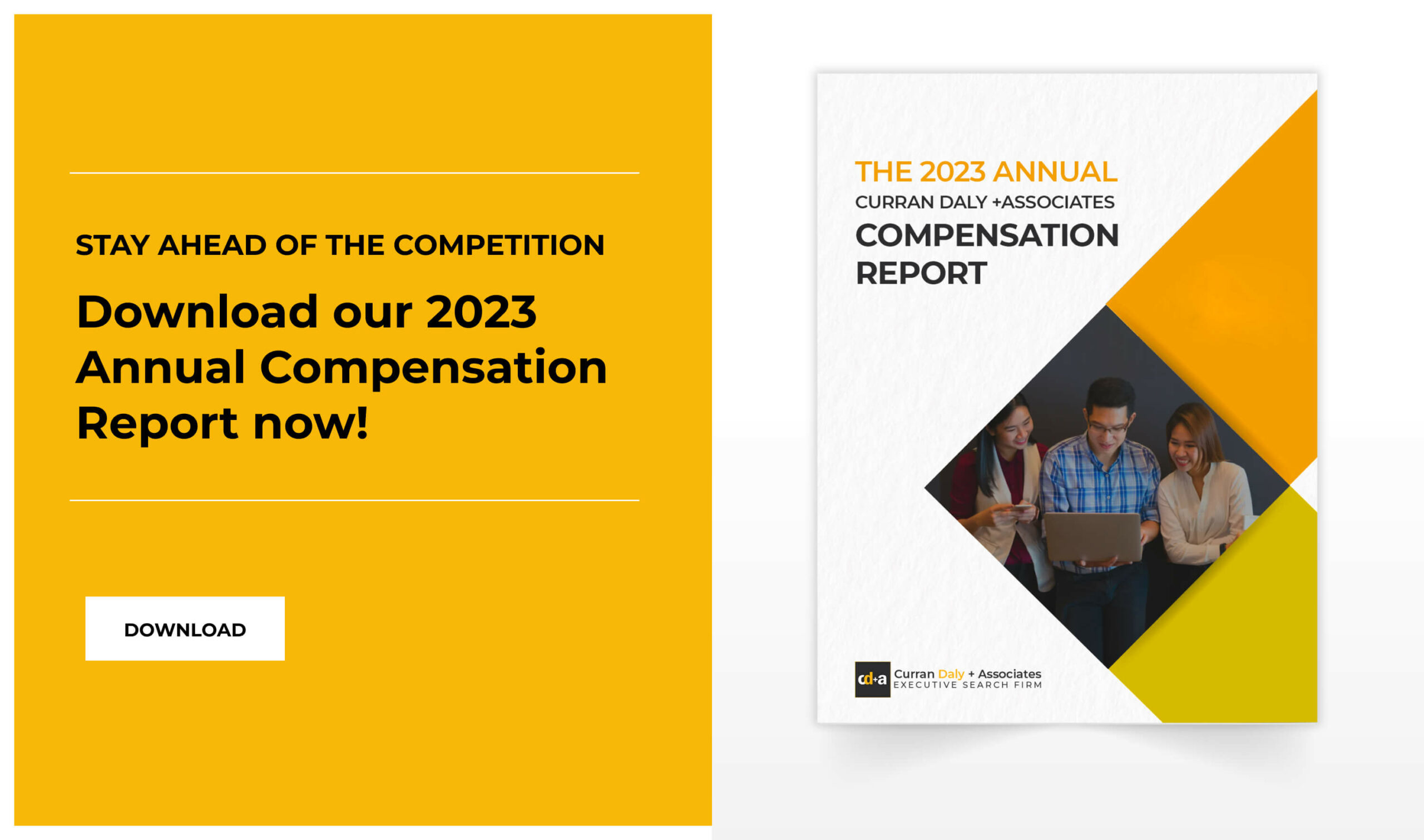 Certainly most employees appreciate more money, but as we all know money can’t buy happiness nor can it ensure employee engagement and loyalty. There are “other” kinds of rewards which can inspire and engage your employees in ways that money can’t. Especially in a time where many organisations continue to make cuts to staff remuneration, non-monetary or indirect monetary rewards are more crucial than ever. In a previous blog, we introduced readers to rewards systems, focusing on money as a motivator. In this week’s blog we aim to further explore reward systems and this time focus on the “other” kind of rewards – non-monetary and indirect-monetary rewards.
Certainly most employees appreciate more money, but as we all know money can’t buy happiness nor can it ensure employee engagement and loyalty. There are “other” kinds of rewards which can inspire and engage your employees in ways that money can’t. Especially in a time where many organisations continue to make cuts to staff remuneration, non-monetary or indirect monetary rewards are more crucial than ever. In a previous blog, we introduced readers to rewards systems, focusing on money as a motivator. In this week’s blog we aim to further explore reward systems and this time focus on the “other” kind of rewards – non-monetary and indirect-monetary rewards.
The manager’s role in reward management
Numerous studies (SHRM, CIPD, Hay group 2013 etc.) have found a strong correlation between employee views of their managers and their views on the adequacy and attractiveness of rewards. Managers take the lead role in planning, coaching, assessing employee performance and reinforcing performance via reward outcomes. It’s only natural to assume that it should also be within their role to influence the employee regarding the intent and relevance of the organisation’s reward programs. Hay Group’s retention studies during the years found that, in many situations, when it comes to voluntary employee turnover, people tend to leave bad bosses rather than bad organizations. So it’s clear that reward systems go hand-in-hand with those who are implementing them – the managers.
The “Other” kinds of rewards
Reward management usually refers to the financial reward given to employees in return for their work. However, a reward package can include financial and non-financial elements. Here are some examples:
Non-monetary and Indirect Monetary Rewards
- Social – showing daily appreciation to your staff (verbal compliments, saying thank you, written note of appreciation etc.); recognising employee achievement (refer by name to the employee who has made a good suggestion or idea, ask an employee to be a “buddy” or on-boarding partner for a new employee)
- Recognition – the formal form of social rewards, ideas include award presentation in front of peers, dinner with CEO, enhanced decision making, a new office or upgraded work space, throwing a party for the whole team when a major project is completed or an accomplishment that the firm has been working towards is made
- Reward – vouchers, prizes, gift cards, paid parking or transit passes
- Opportunity – chances to lead a team or project, paid training, a promotion, mentorship programs, special projects, attendance to seminars and conferences, limited internal job postings, job rotations
- Flexibility – paid leave in the form of vacation days, longer times off such as a sabbatical flexible scheduling, telecommuting options, ability to stop working on least preferred task
- Material (Products or goods) – providing a company car, vacations and goods to employees
- “Fringe” benefits/perks – in supplement to the cash compensations that employees receive; added dental plan, on-site child care to selected employees, a games room or gym with access to only limited few, confidential counselling services for employees and their families.
Those whose reward strategies are able to strike a balance between monetary and non-monetary rewards, will be in a much better position to reinforce the psychological contract they have with their employees and make the whole experience more positive for all involved. However, a word of caution, make sure that as a manager you don’t fall into the trap of recognising employees simply by giving “stuff” on an occasional basis (Silverman, 2004).
According to Ries Research Networks (2004) study, for the majority of employees, it is often how they are dealt with by managers on a daily basis that is the most important factor. Moreover, treating employees right everyday effectively communicates they are trusted, respected and that they are important.










0 Comments